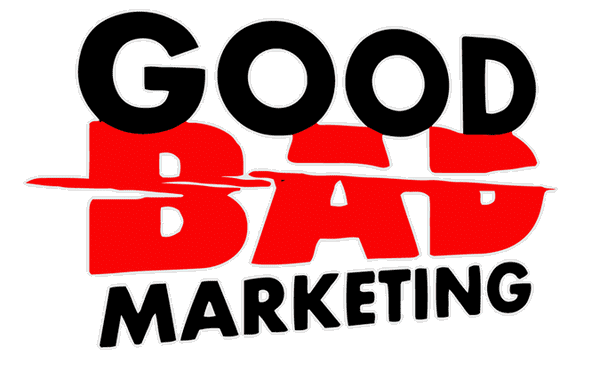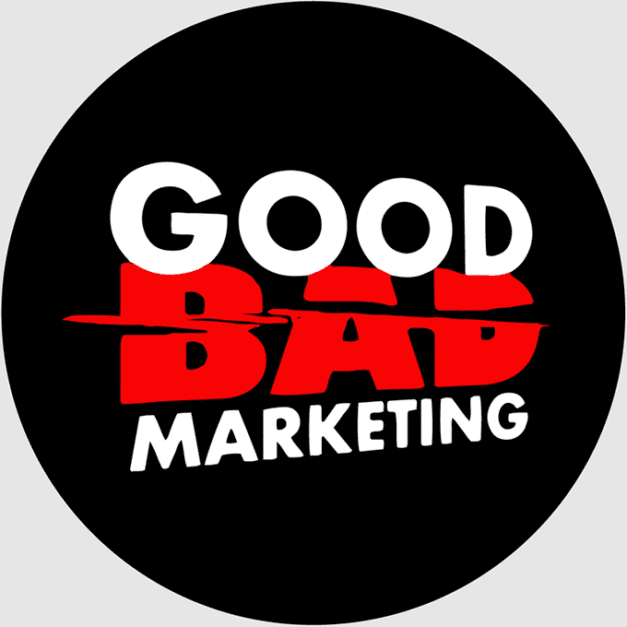You would be forgiven for thinking that there were no real consequences that come from posting whatever you like on social media, as there are so many keyboard warriors and cowboys saying and doing what they like with no regard for the feelings and reputations of others. But this is just the way it goes online, right? Well, not necessarily. There have been cases where individuals have been fired for their offensive comments and conduct on social media, so let’s review these cases once again and learn from these situations.
Another fact to note is that these situations have taken place across platforms, and over the span of eight years. By responding to these offensive comments in the way our society does, it’s proof that we are evolving as a community for calling this behaviour out and demanding consequences of the offender. Where the line starts to blur is when the actual legal ramifications are hidden behind our social justice crusades and the pack mentality decides the right course of action, rather than the law. Let’s review these scenarios and try to shed a light on the decision of the employer and what the legal outcome was.
Folau vs. Rugby Australia
This might be a case that you had hoped to put in your past, but the facts of what transpired have continued to unfold and are incredibly relevant as we navigate our digitally-reliant lives with a diverse community. Employment lawyers, McDonald Murholme, best recount the case in their commentary of Qantas potentially signalling to Rugby Australia that they would reconsider their significant sponsorship if Folau was not exited from the team following his homophobic posts and comments on social media. Folau was fired from Rugby Australia, but as Alan Mcdonald rightfully explores – would they be liable for firing an employee based on this scenario?
Folau was technically an employee of Rugby Australia and his needs and considerations were not put before the interests of a sponsor and their public image. Regardless of being liable, it was clear that this occurrence would ultimately lead to a firing, which it did. Brand advocacy is hard-won, and this case proves that this was of greater value to Rugby Australia and Qantas than the legal battle and settlement that followed.
Isabel Lucas and anti-vaccination views
More recently still, Home & Away star Isabel Lucas was fired from her sponsorship with charity, Plan Australia, after she used her social media platform to express her distrust in vaccinating against the flu. This firing was very swift, with Plan Australia coming out with the statement immediately to say that they and Isabel had parted ways due to unresolved differences. The comment was in relation to COVID-19 and the annual flu vaccine but was viewed under the lens of child vaccinations which is an increasingly sensitive topic.
Anti-vaccination has cultivated a very small following globally, with Australian society condemning this viewpoint quite publicly. It does beg the question of whether or not this was relevant to the brand and their agreed-upon sponsorship, and if these comments were in fact ‘offensive’ if they are what Isabel believe and it was her own platform to express them as she wished. Ultimately, in the wake of a pandemic, the risk assessment for Plan Australia was too great and they would rather risk the fallout of a disgruntled sponsor left high and dry, over the public opinion that might potentially view Plan Australia as a charity that supports anti-vaccination.
Racist tweet from senior PR director
In 2013, Justine Sacco, senior PR director for a major media company (owner of Vimeo, OK Cupid and The Daily Beast) posted a tweet to her small audience of 170 followers and then boarded a flight to Africa. When she landed and switched on her phone, she learned the news that she was the number 1 trending topic on Twitter. Justine Sacco had posted “Going to Africa. Hope I don’t get AIDS. Just kidding. I’m white!” She was fried before she even touched down and turned her phone on, and had to face the tens of thousands of comments and retweets that resulted in from post.
What’s more, employees that also worked for the company were fielding interviews about her character and stating that they did not want to return to work if she was there. Justine’s employer was under the public eye and might have been seen to support this racist comment if they did not hand down a termination following the tweet, regardless of what they had preferred to do. #HasJustineLandedYet trended worldwide, which was exactly the wrong PR attention that Justine (who was ironically a senior director of PR) and her media employer didn’t want.
Fat-shaming customers
University student, Connie Levitsky, secured herself a part-time retail job while studying at university. The retail store was called Addition-Elle, specialising in plus-size apparel for women. Unfortunately, Connie shared this new job with her peers on Facebook: “Conquering the world, one well-dressed fat lady at a time.” This offensive post was not only an insult to the customers she was employed to assist but put the label in a position where they too were ridiculing the size of the customers. Connie was immediately fired following the post, although later applied for unfair dismissal and was offered her job, back but did not return.
The employ, while justified in their disgust, did not have legal standing to fire Connie. Had she called out a customer in particular or taken and posted photos without their knowledge, that might be a defamation case and have harsher consequences.
~
It’s a sad fact that there are so many examples of social media faux pas that have resulted in firings, especially when most of them are very obviously offensive and publicly posted to be seen and remembered by millions. Users cannot expect slurs and antisocial comments to go unnoticed on a platform that scours for intrigue and scandal, and it’s also worth noting that anything posted on the internet can never really be deleted. If you are an employee or an employer, take the time to visit these legal parameters and best practice.





